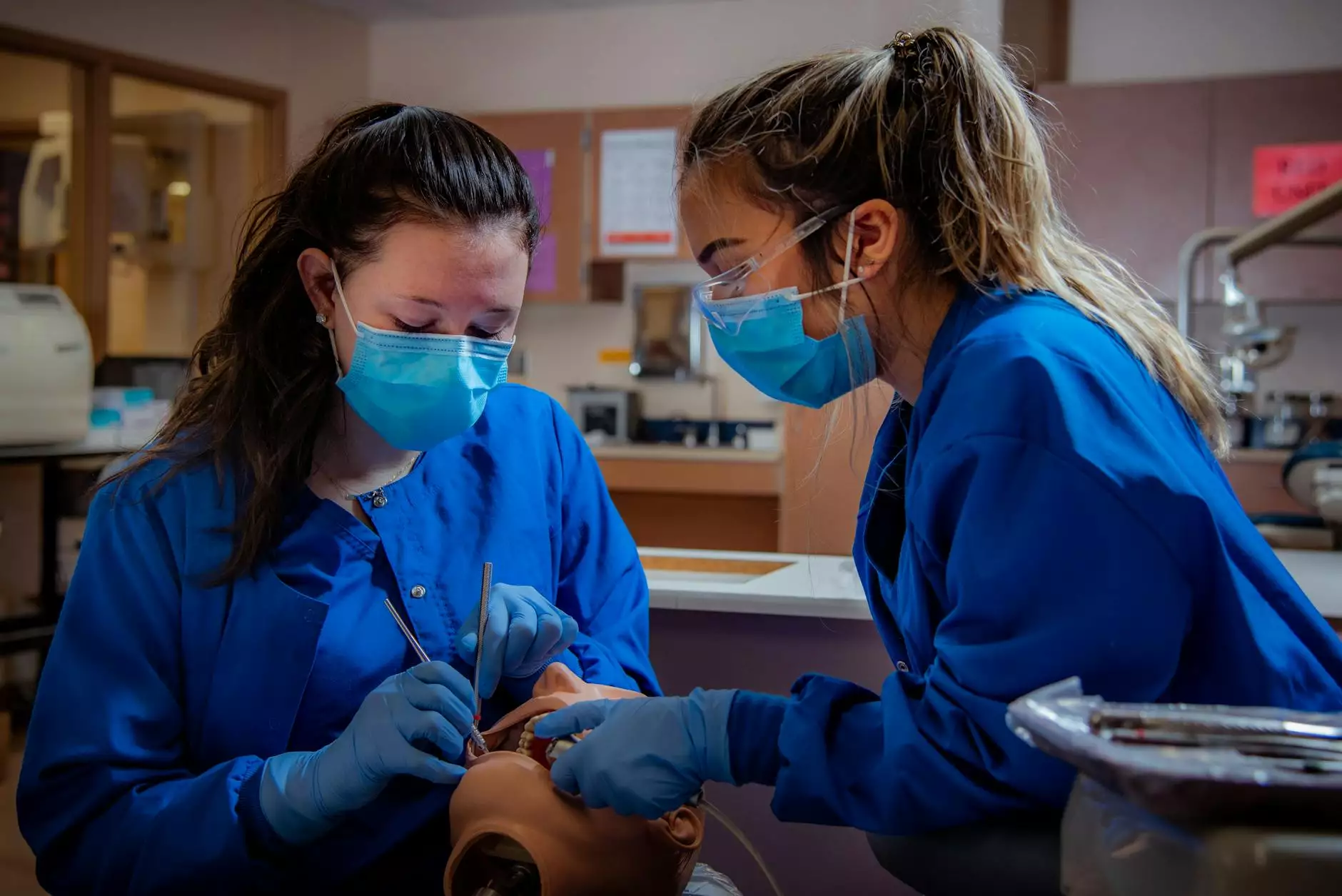Unlocking Your Future: The Importance of Medical Coding Classes

Medical coding classes play a pivotal role in the healthcare industry, where accuracy and efficiency are paramount. As we navigate through a world increasingly reliant on data, understanding the significance of medical coding is essential for anyone aspiring to advance their career in healthcare. In this comprehensive article, we will dive deep into the world of medical coding, the benefits of enrolling in coding classes, and the vast opportunities that await skilled medical coders.
What is Medical Coding?
Medical coding is the process of converting healthcare diagnoses, procedures, medical services, and equipment into universal medical alphanumeric codes. These codes are crucial for a variety of reasons:
- Billing and Insurance Claims: Accurate coding ensures that healthcare providers receive appropriate reimbursement for services rendered.
- Data Tracking: Medical codes help in tracking healthcare trends and statistics, which is vital for public health management.
- Compliance and Regulation: Codes ensure that medical providers comply with federal regulations and guidelines.
The Role of Medical Coders in Healthcare
Medical coders serve as the backbone of the healthcare billing process. They ensure that medical records are accurately reflected in coded format, enabling seamless communication between healthcare providers and insurance companies. Here are a few important functions that highlight the role of medical coders:
- Transcribing Medical Records: Coders translate the narrative of medical records into standardized codes.
- Reviewing Patient Charts: They assess patient records for completeness and accuracy.
- Updating Knowledge: Medical coders must stay updated with the latest coding systems like ICD-10, CPT, and HCPCS.
Why Enroll in Medical Coding Classes?
Opting for medical coding classes can be a transformative decision for your career. Here are several reasons why pursuing education in this field is beneficial:
1. Comprehensive Understanding of Medical Terminology
One of the foundational aspects of medical coding is a solid grasp of medical terminology. In coding classes, you will learn:
- The language of medicine, including anatomy and pathology.
- Common medical procedures and their implications for coding.
- Specialized terms associated with various specialties such as cardiology or orthopedics.
2. Developing Coding Proficiency
Medical coding requires precision and a keen eye for detail. Through dedicated training, students develop:
- Skills in identifying and applying the correct codes.
- Techniques for effective documentation and coding audits.
- A deeper understanding of coding systems such as ICD-10, CPT, and HCPCS.
3. Enhanced Job Growth and Stability
The demand for qualified medical coders is on the rise. According to the Bureau of Labor Statistics, job opportunities in this field are expected to grow due to the increasing complexity of medical billing. Graduates who complete medical coding classes will have a competitive edge in the job market.
Career Opportunities in Medical Coding
Upon completing medical coding classes, graduates can look forward to various career paths. Some potential job titles include:
- Certified Professional Coder (CPC): Focuses on coding for outpatient settings.
- Certified Coding Specialist (CCS): Specializes in inpatient hospital coding.
- Health Information Technician: Involves managing and organizing health data.
Moreover, medical coders have the opportunity to work in diverse settings such as:
- Hospitals and medical clinics.
- Health insurance companies.
- Government health agencies.
- Consulting firms that focus on healthcare.
How to Choose the Right Medical Coding Classes
When looking for the right program, consider the following factors:
1. Accreditation
Ensure that the classes you choose are accredited by reputable organizations. This may include the American Academy of Professional Coders (AAPC) or the American Health Information Management Association (AHIMA).
2. Curriculum Coverage
The curriculum should comprehensively cover key coding systems and include hands-on practice. Look for programs that offer:
- In-depth ICD-10, CPT, and HCPCS training.
- Workshops for practical coding exercises.
- Access to coding software for real-world applications.
3. Flexible Learning Options
With the rise of online education, many institutions provide flexible learning schedules. Choose a program that suits your lifestyle—whether you prefer traditional classroom settings, hybrid models, or fully online classes.
A Day in the Life of a Medical Coder
To appreciate the role further, let's explore what a typical day looks like for a medical coder:
- Morning Review: Start the day by reviewing new patient charts and ensuring all necessary information is present for effective coding.
- Data Entry: Input medical codes into electronic health records (EHR) and review for accuracy.
- Collaboration: Work with healthcare providers to resolve any discrepancies in patient records.
- Continual Learning: Dedicate time to updating knowledge on coding changes or attending webinars on coding revisions.
The Impact of Medical Coding on Healthcare
The significance of medical coding extends beyond individual careers. Medical coding is critical for:
- Streamlining Healthcare Operations: Efficient coding translates into smoother billing cycles and operational workflows.
- Enhancing Patient Care: Proper coding allows for accurate data collection, which can help in improving patient outcomes through better resource allocation.
- Facilitating Research: Accurate medical data coding provides invaluable information for health research and policy-making.
The Future of Medical Coding
The field of medical coding is evolving rapidly due to advancements in technology and changes in healthcare laws. With the onset of telehealth and electronic health records, medical coders must adapt to new practices and standards. Enrolling in high-quality medical coding classes today will prepare you for the future landscape of healthcare coding.
Conclusion: Your Journey Begins Here
In conclusion, the importance of medical coding classes cannot be overstated. They prepare individuals for a career that not only offers job stability and growth but also contributes significantly to the healthcare sector. As the industry continues to expand, the expertise of skilled medical coders is increasingly essential.
To embark on your journey in medical coding, visit medesunglobal.com for more information on classes and resources available to help you succeed.









